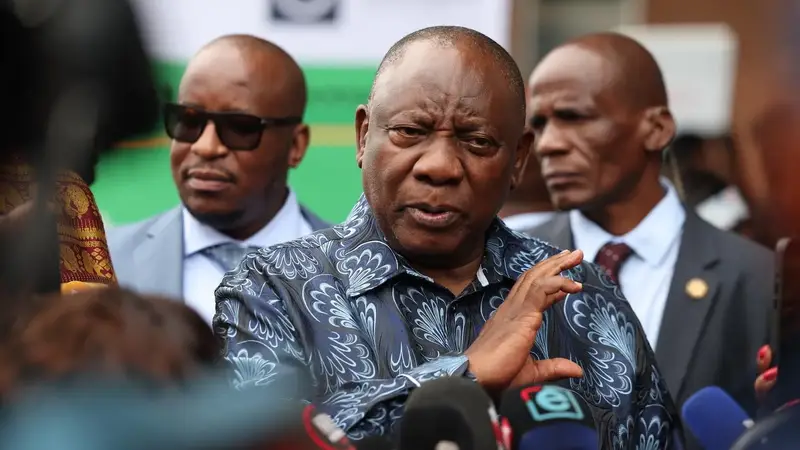The Government of National Unity (GNU) in South Africa is experiencing significant strain after the Democratic Alliance (DA) opposed the recently proposed national budget, leading to questions about the party’s role within the coalition. The DA’s rejection of the budget, primarily due to disagreements over a proposed Value Added Tax (VAT) increase, has intensified existing tensions within the GNU.
President Cyril Ramaphosa has expressed concern over the DA’s stance, suggesting that their opposition to the budget could lead to their isolation within the GNU. He emphasized that while the African National Congress (ANC) does not intend to expel the DA, the party’s actions may naturally distance them from the coalition’s collective objectives.
The DA’s leader, John Steenhuisen, defended the party’s decision, stating that the proposed VAT hike would disproportionately affect low-income South Africans. He highlighted that the DA had proposed alternative measures to stimulate economic growth and job creation, which were not incorporated into the final budget.
In response to the DA’s opposition, the ANC has begun seeking support from smaller parties outside the GNU to secure the budget’s passage. This move has further complicated the coalition dynamics, with some parties expressing frustration over the DA’s demands and negotiating tactics.
Political analysts warn that the current discord within the GNU could have broader implications for South Africa’s political stability and economic confidence. The coalition’s ability to navigate these internal conflicts will be crucial in determining its longevity and effectiveness in governing the nation.



